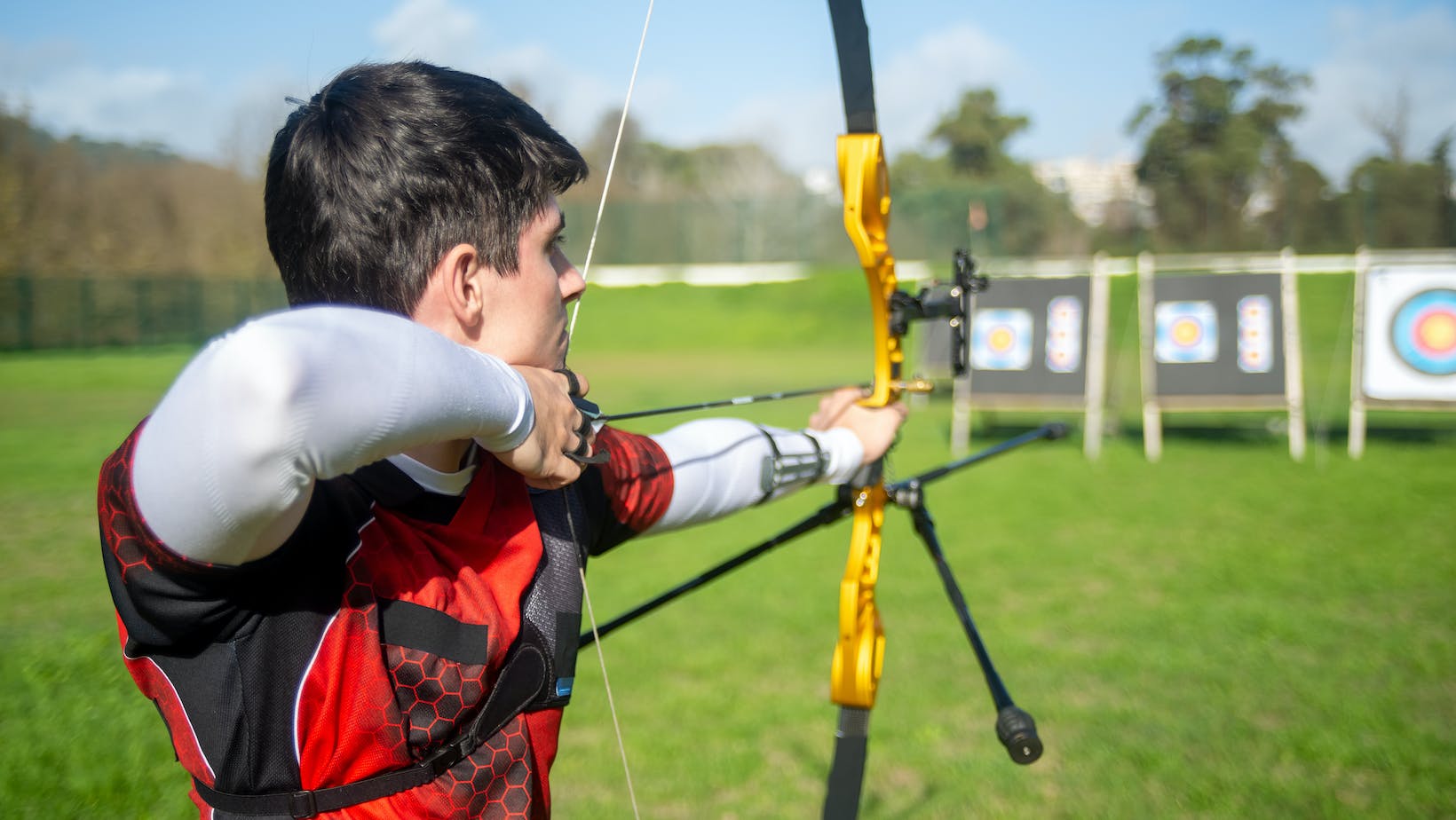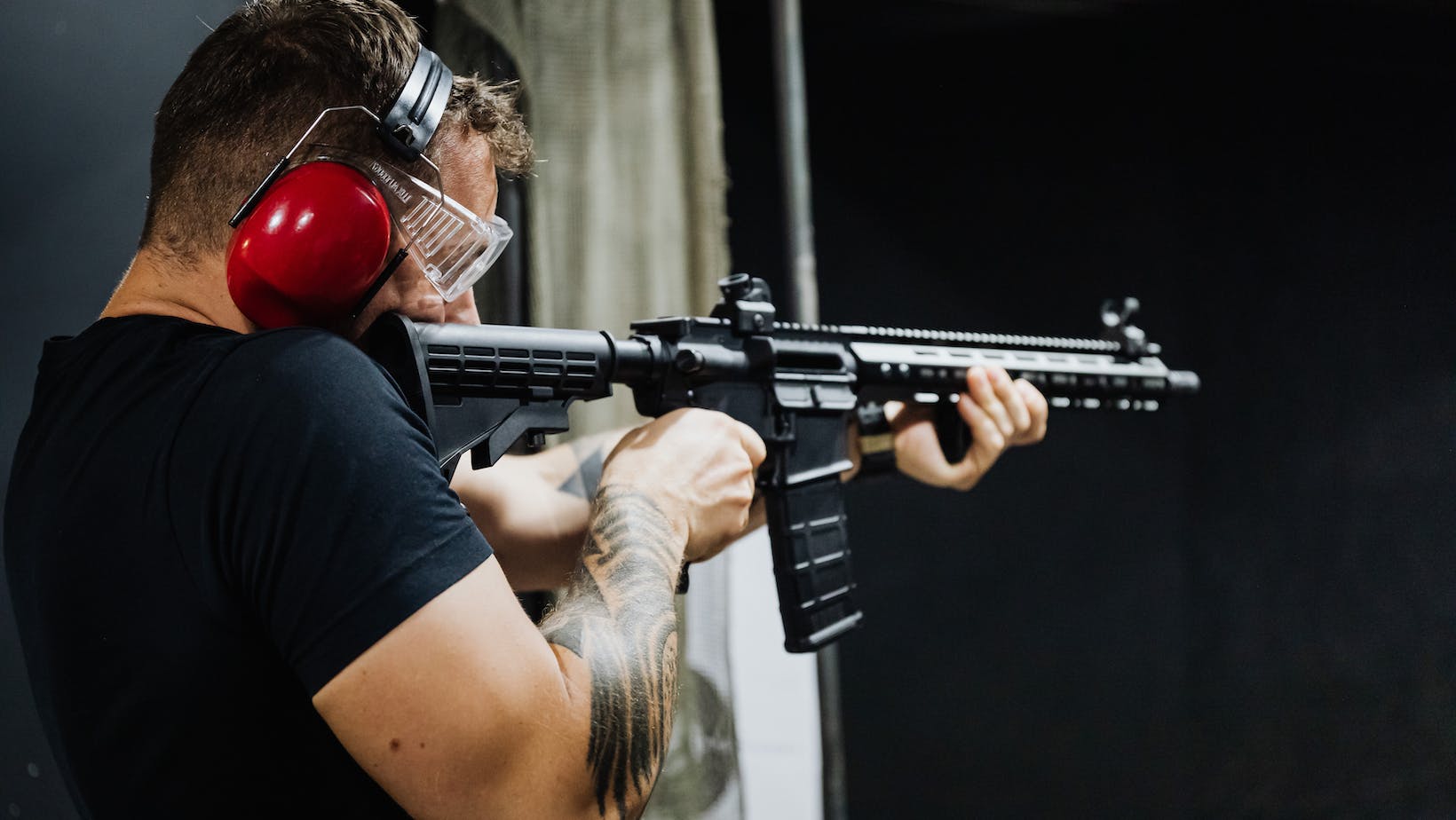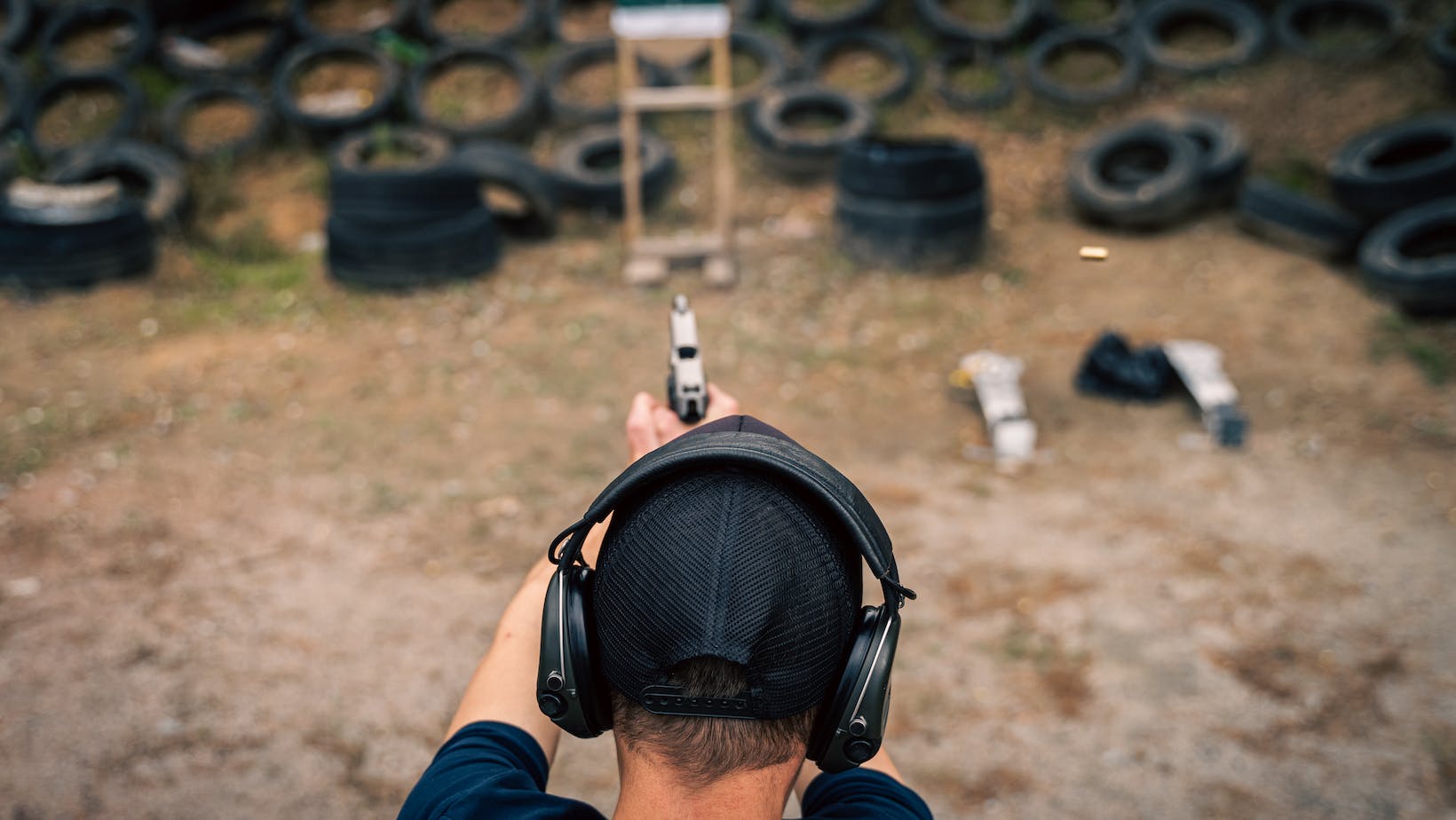
Shooting sports, encompassing disciplines such as archery, rifle shooting, and pistol shooting, are often perceived as sedentary activities that primarily require precision and focus. However, the importance of physical activity in these sports should not be underestimated. Engaging in shooting sports involves more than just aiming and firing; it demands a combination of mental acuity, coordination, and physical fitness. In this article, we explore the impact of physical activity in shooting sports on overall health and well-being.
Enhanced Cardiovascular Health:
Contrary to popular belief, shooting sports can contribute to cardiovascular fitness. Athletes often need to maintain a steady heart rate while controlling their breath to achieve optimal accuracy. The physical demands of holding a firearm, maintaining a proper stance, and executing precise movements can elevate heart rate, promoting cardiovascular health.
Improved Muscular Endurance and Strength:
Consistent participation in shooting sports requires the development of muscular endurance and strength. Holding a firearm in the correct position for extended periods, especially in disciplines like rifle shooting, engages various muscle groups. This leads to improved overall muscle tone, endurance, and strength.
Enhanced Coordination and Motor Skills:
Shooting sports demands a high level of hand-eye coordination and fine motor skills. Athletes must synchronize their movements, control their breathing, and maintain stability to achieve accurate shots. Regular practice can significantly enhance these skills, which can have positive effects on overall coordination and motor control.
Calorie Expenditure and Weight Management:
Engaging in shooting sports can contribute to calorie expenditure, aiding in weight management and overall fitness.

While the sport may not be as physically intensive as some other activities, the combination of static and dynamic movements involved can still contribute to a healthy energy balance when practiced regularly.
Stress Reduction and Mental Well-being:
Shooting sports requires a high level of focus, concentration, and mental discipline. Regular participation can help reduce stress and anxiety, promoting mental well-being. The meditative aspects of shooting, such as controlled breathing and maintaining a calm mindset, can contribute to overall mental resilience.
Social Benefits:
Participating in shooting sports often involves being part of a community or team. The social aspect of these activities can contribute to mental health and a sense of belonging. Team camaraderie and shared experiences foster a supportive environment that positively impacts an individual’s overall well-being.
Balance and Posture Improvement:
Shooting sports demands a high level of stability and balance, especially when adopting specific shooting stances. Maintaining proper posture is crucial for accuracy and consistency in shots. As participants strive to perfect their shooting techniques, they inadvertently enhance their balance and posture. This improvement extends beyond the shooting range, positively impacting daily activities and reducing the risk of musculoskeletal issues associated with poor posture.
Cognitive Benefits and Mental Sharpness:
Engaging in shooting sports requires quick decision-making, strategic planning, and the ability to adapt to changing conditions. Athletes must analyze distances, wind conditions, and target movements, enhancing their cognitive abilities. The constant mental engagement promotes neuroplasticity, contributing to improved mental sharpness and agility. Regularly challenging the brain in this manner not only enhances performance in shooting sports but also has broader cognitive benefits that can positively influence various aspects of an individual’s life. The mental stimulation provided by shooting sports can be a valuable component of maintaining cognitive health as individuals age.
Safety First:
While the physical and mental benefits of engaging in shooting sports are evident, it is paramount to prioritize safety throughout all aspects of participation. Adherence to proper firearm handling procedures, the use of appropriate safety gear, and compliance with range rules are crucial elements to ensure the well-being of participants and those around them.

Additionally, individuals involved in shooting sports should stay informed about the latest safety guidelines and regulations. Natchez, a well-known retailer specializing in shooting and outdoor gear, offers a range of safety equipment and educational resources to enthusiasts. By emphasizing safety measures and staying informed about the latest developments in firearm safety, participants can fully enjoy the physical and mental rewards of shooting sports while minimizing risks.
Conclusion:
Contrary to the misconception that shooting sports are purely sedentary, these disciplines offer a unique blend of physical and mental challenges. The physical activity involved in shooting sports contributes to cardiovascular health, muscular endurance, coordination, and weight management. Additionally, the stress-reducing and social aspects of these sports can positively impact mental well-being. Embracing shooting sports as a holistic pursuit that integrates both physical and mental elements can lead to a healthier and more fulfilling lifestyle. As with any physical activity, individuals should consult with healthcare professionals before engaging in shooting sports, particularly if they have pre-existing health conditions.










